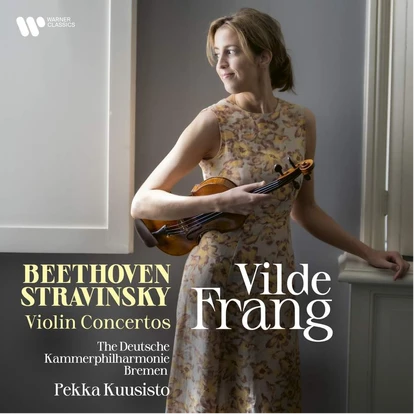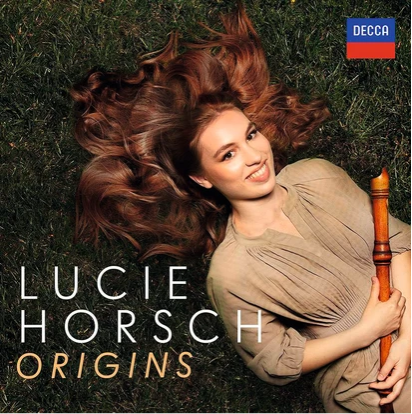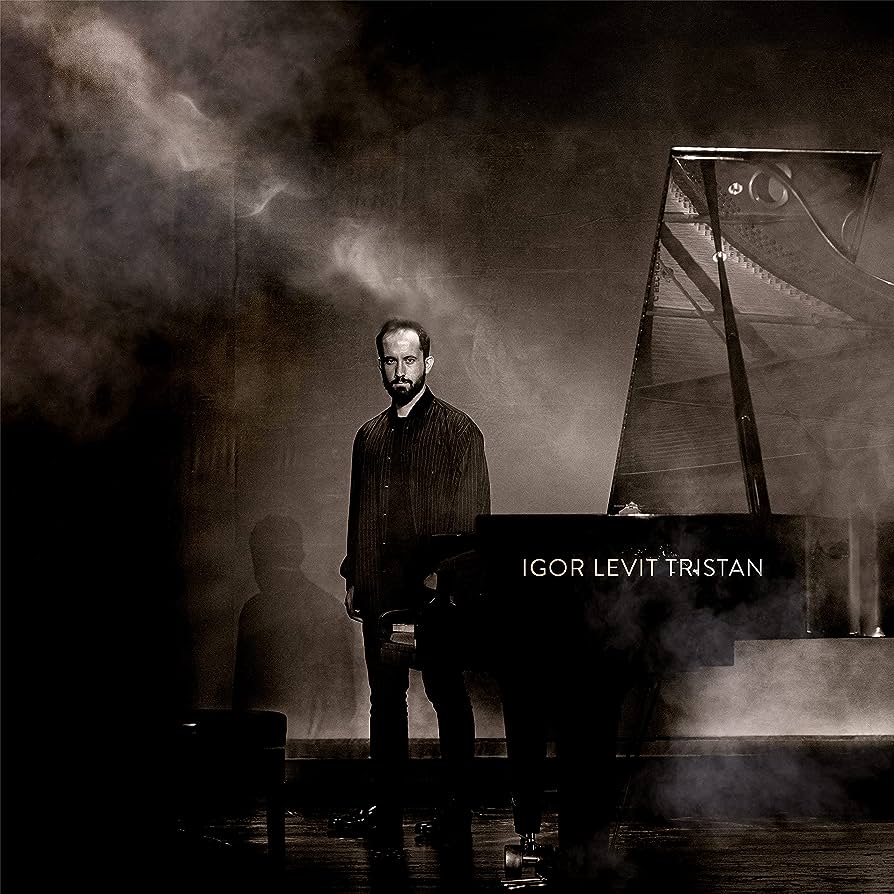BEETHOVEN • SCHUMANN • FRANCK – RENAUD CAPUÇON & MARTA ARGERICH
A Haunting Melodic Odyssey: Beethoven; Franck; Schumann Violin Sonatas – Renaud Capuçon & Martha Argerich
Don Roberts, November 2022
This enthralling album showcases a captivating tribute to the memory of the late pianist Nicholas Angelich, a cherished collaborator and dear friend to both virtuosos. With a compelling repertoire of Beethoven, Franck, and Schumann violin sonatas, the artists deliver performances that intertwine seamless artistry with emotional depth.
Martha Argerich, the renowned pianist, remains a musical force to be reckoned with. Her unique interpretative prowess paints a vivid musical canvas, where every note blends effortlessly, creating an exquisite conversation between piano and violin. Her dynamic approach to dynamics and an organically-grown rubato cast a spell, drawing listeners into an immersive and emotionally charged experience. In the opening Schumann sonata, Argerich’s molten accompaniment gracefully embraces Capuçon’s velvety tone, forming a seamless musical symbiosis that resonates with sheer magic.
Capuçon’s violin artistry is nothing short of astonishing. With a delicate touch and a rich, sweet tone, he navigates each piece with utmost sensitivity, evoking a profound emotional response from the audience. In Schumann’s First Violin Sonata, his tender and evocative rendition breathes new life into the composition, igniting the true essence of the music and showcasing why Schumann’s initial reservations would undoubtedly be put to rest by this extraordinary performance.
The Beethoven’s Kreutzer Sonata emerges as a triumph of technical brilliance and impeccable coordination. Capuçon and Argerich ignite a fiery passion, pushing the boundaries of tempo without losing sight of the work’s intrinsic beauty. Their seamless interaction and virtuosic prowess create a mesmerizing soundscape that captivates from start to finish.
At the heart of the album lies Franck’s monumental Violin Sonata. In the hands of Capuçon and Argerich, this work becomes an intimate and deeply moving story. With masterful storytelling, they weave the sonata’s complex melodies and harmonies into a haunting narrative that leaves a profound and lasting impression. The emotional depth and artistic finesse in their performance turn the sonata into a haunting melodic odyssey, inviting the listener to embark on an unforgettable musical adventure.
The recording captures the live concert’s intimacy and authenticity, featuring the occasional foot-stomping and vocal expressions that only enhance the immersive experience.
Renaud Capuçon and Martha Argerich’s collaboration in the Beethoven; Franck; Schumann Violin Sonatas concert is a mesmerizing tribute to a departed friend and pianist. Their artistry shines throughout, with each musician bringing their unique flair to the repertoire without overshadowing one another. The result is an unmissable album, capturing a truly memorable and emotionally charged concert. For classical music enthusiasts and newcomers alike, this recording is an extraordinary journey through the heart and soul of these timeless masterpieces.










